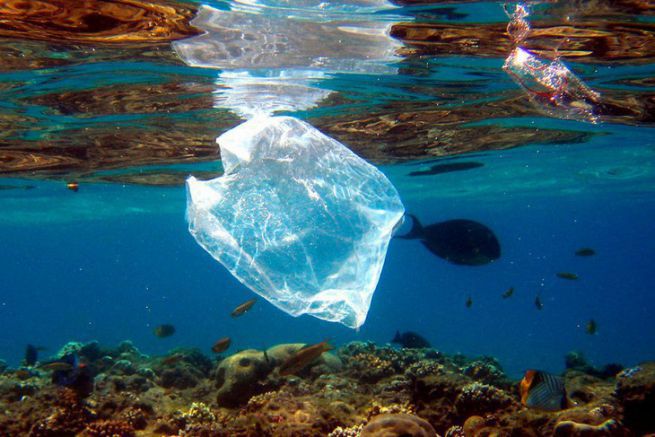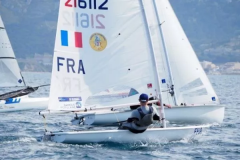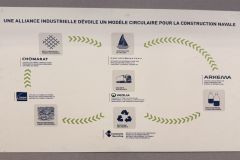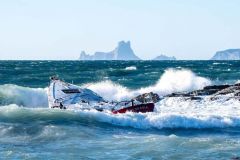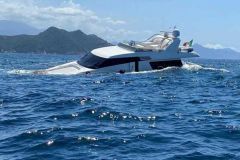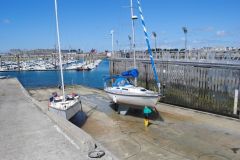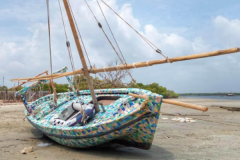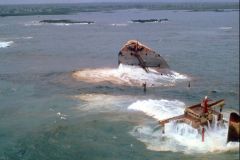Measures to reduce ocean plastic
The United Nations is calling on governments to adopt plastic reduction policies, but also on industry to minimize plastic packaging and rethink product design. Consumers are also asked to change their habits completely disposable. All these measures must be taken before it is too late for the oceans.
Expected measures include the elimination of microbeads from hygiene products, a ban or tax on single-use plastic bags, or significant reductions in any other disposable plastic items. The cosmetics industry has spilled nearly 51 trillion microplastic particles - 500 times more than the number of stars in our galaxy - that pollute our oceans and pose a serious threat to marine wildlife.
"It is high time to tackle the problem of the plastic responsible for the degradation of our oceans Plastic pollution is visible on Indonesian beaches, settles at the bottom of the North Pole oceans, and invites itself all along the food chain up to our plates. We have been bystanders for too long and the problem has only gotten worse. This has to stop." explains Erik Solheim, Director of the UN Environment.
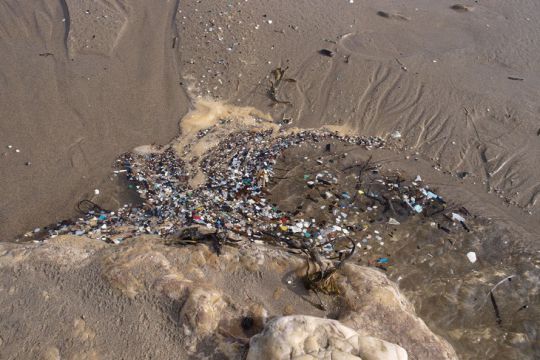
Ségolène Royal is "welcome the launch of this global campaign on marine litter initiated by the UN Environment and[am] pleased to announce that I have signed an agreement to financially support this agency to jointly combat this global threat as part of the international coalition against plastic bags and plastic pollution
Ten countries have pledged to join the campaign to end plastic pollution of the oceans. For example, Indonesia has committed to reduce marine waste by 70 per cent by 2025, Uruguay will impose a tax on single-use plastic bags by the end of the year and Costa Rica will take measures to significantly reduce the use of single-use plastic through better waste management and information campaigns.
The ocean will contain more plastic than fish in 2050
Each year, more than 8 million tonnes of plastic end up in the oceans, causing irreversible damage to marine species, fisheries and tourism. In total, this generates about $8 billion in damage to marine ecosystems knowing that 80% of all waste in our oceans is of plastic origin.
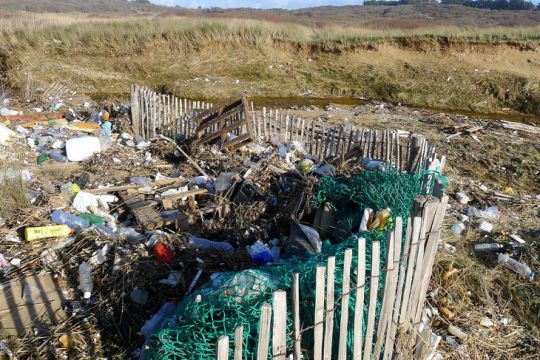
It is estimated that if plastic bottles, bags and single-use containers continue to be discarded, by 2050 there will be more plastic than fish in the oceans and about 99% of seabirds will have ingested plastic.
Today, plastic is produced twenty times more than in the 1960s. About one third of all plastics are used for packaging. By 2050, plastic production will have increased 3 to 4 times to meet needs. A significant portion of this production will end up in the oceans where it will remain for centuries.

 /
/ 